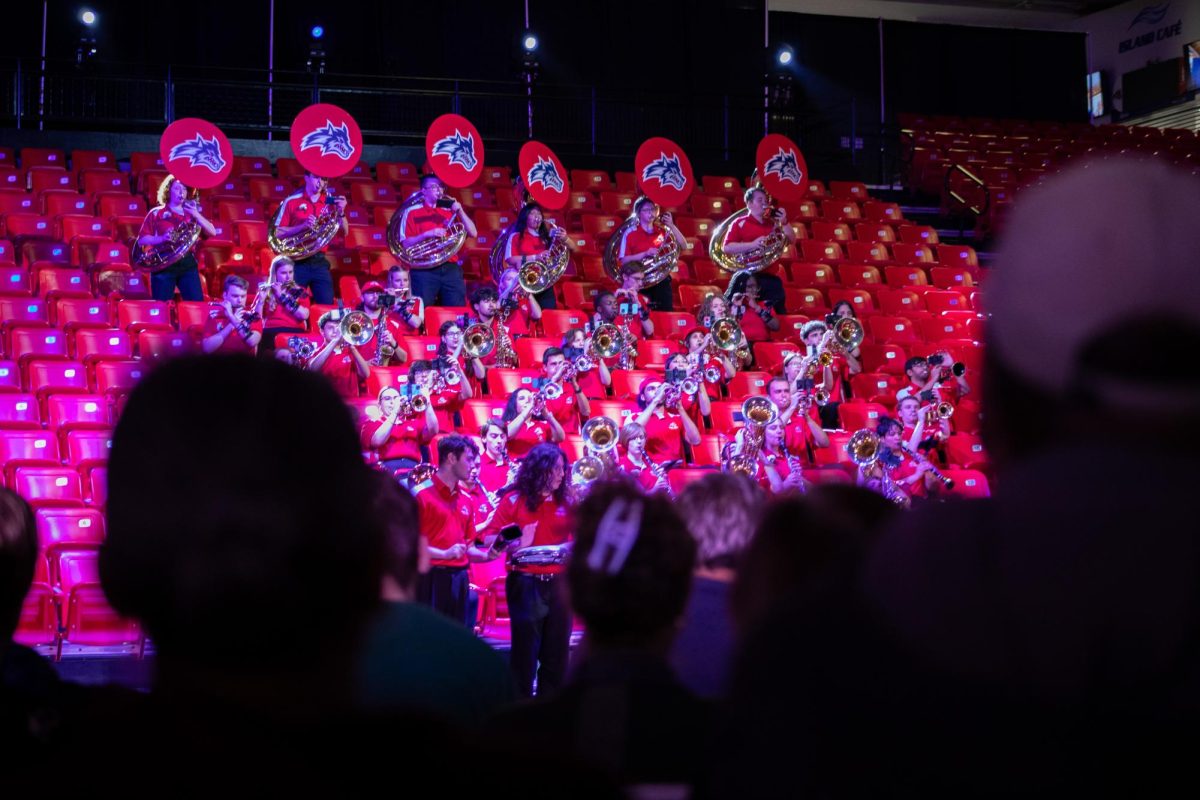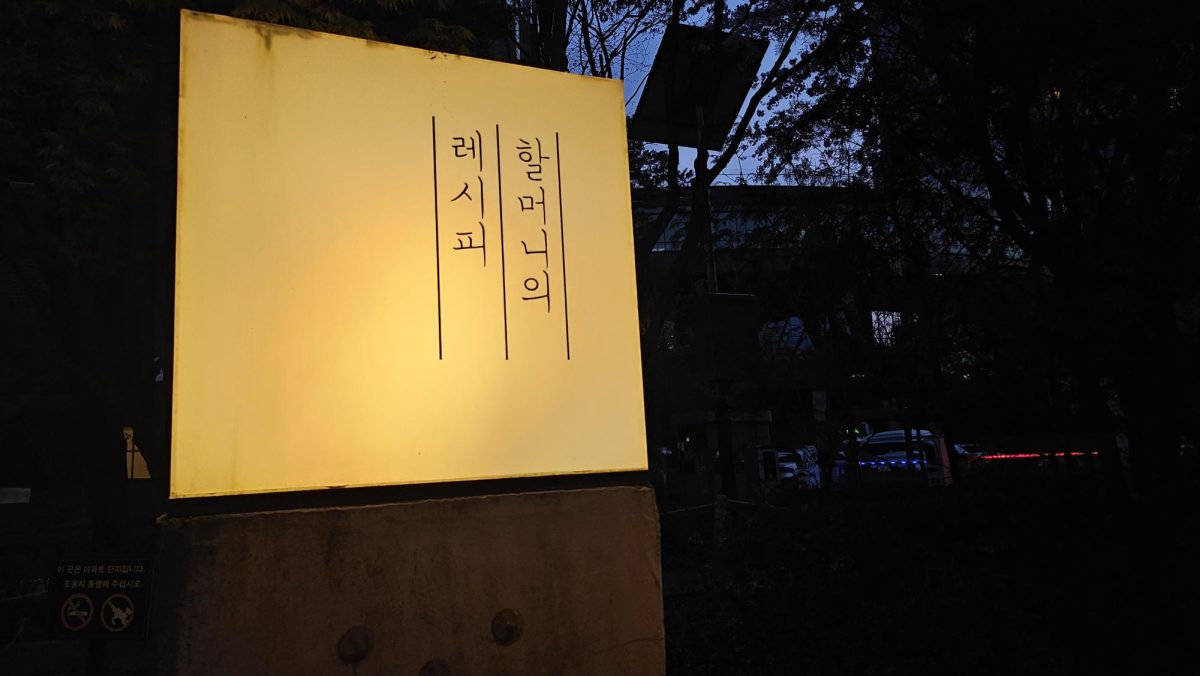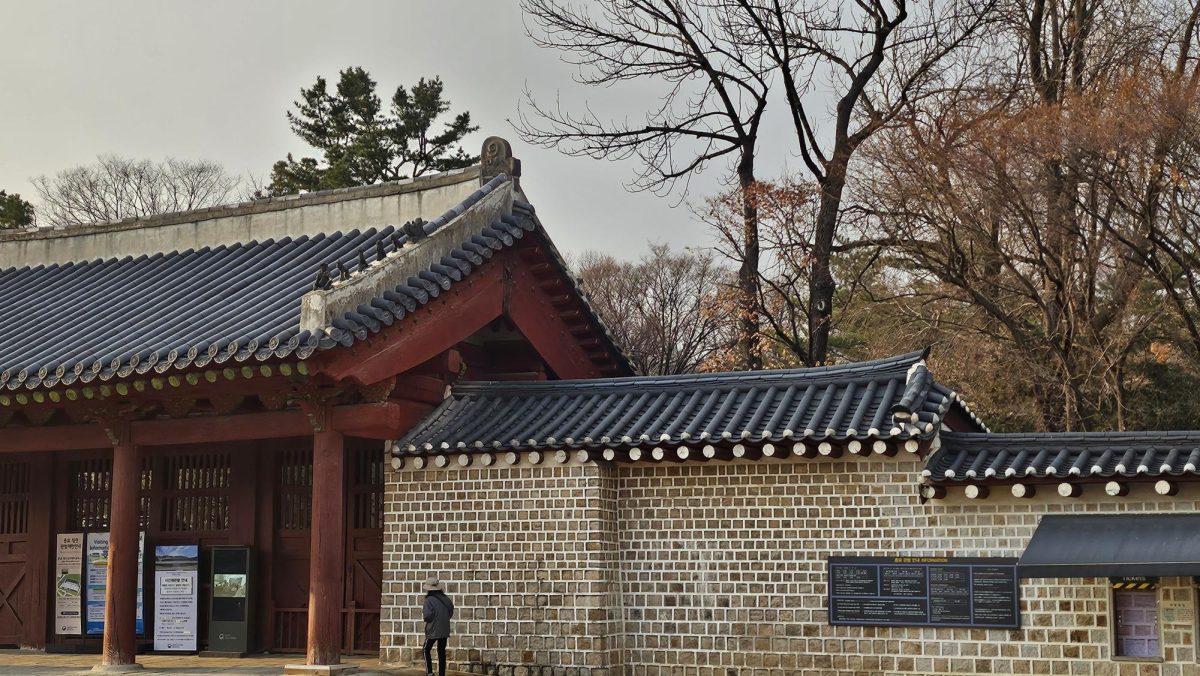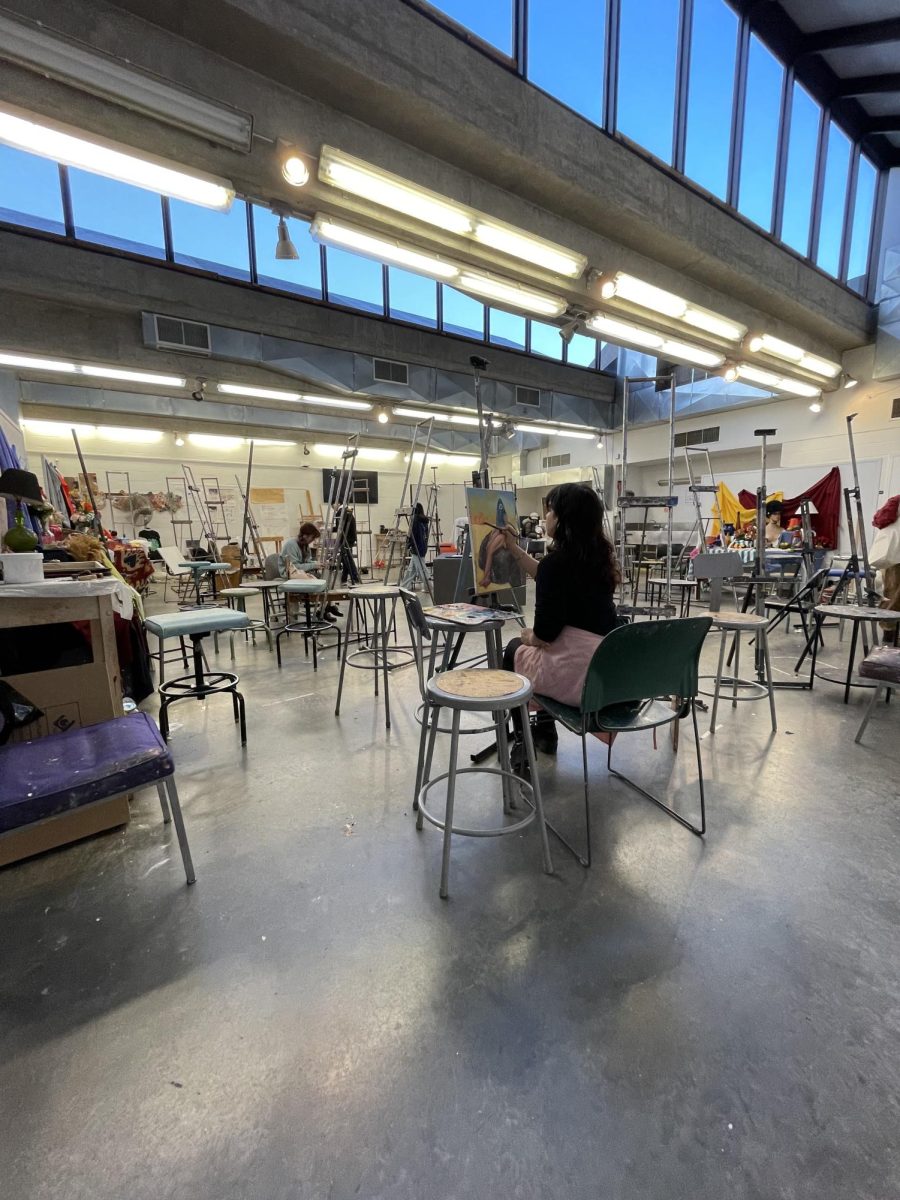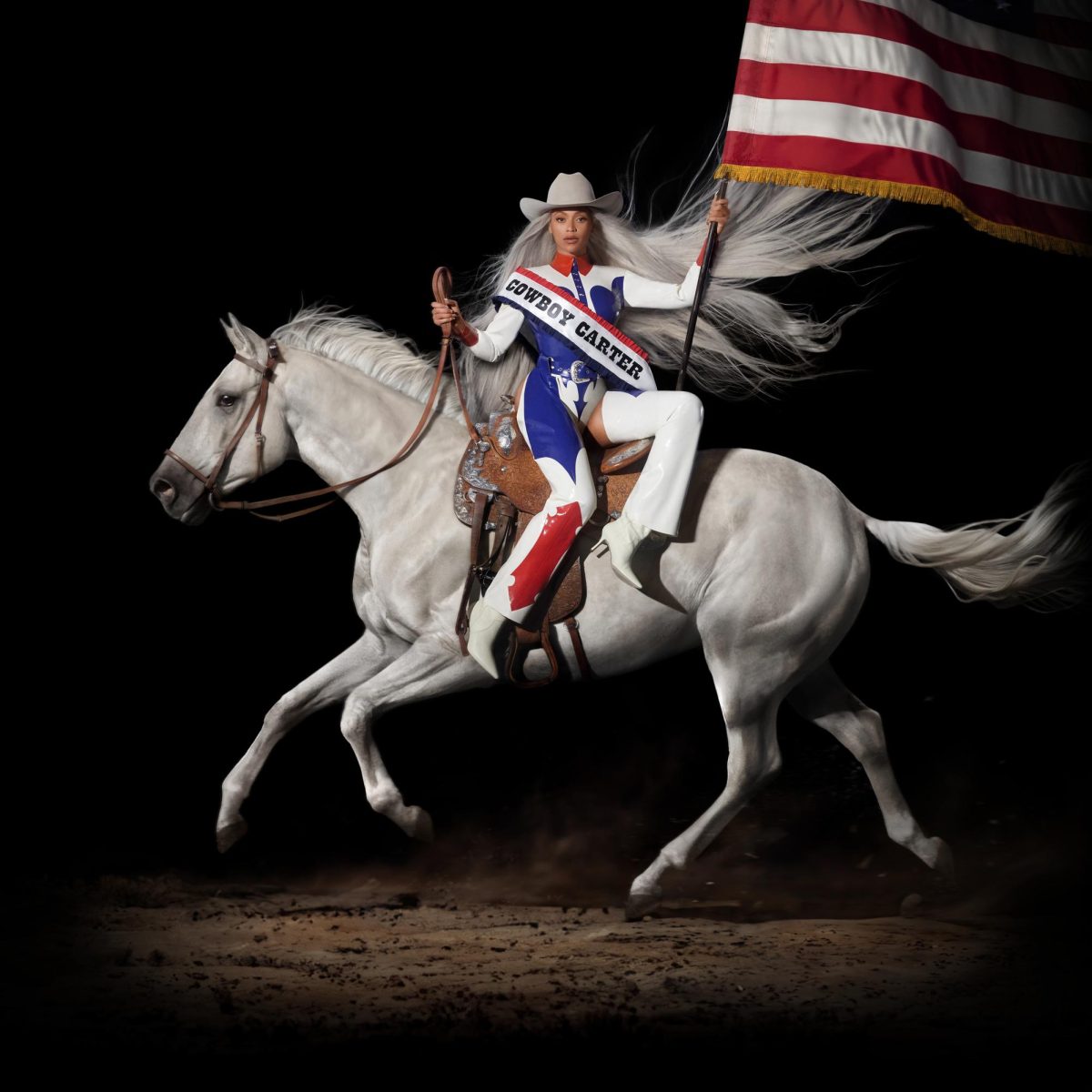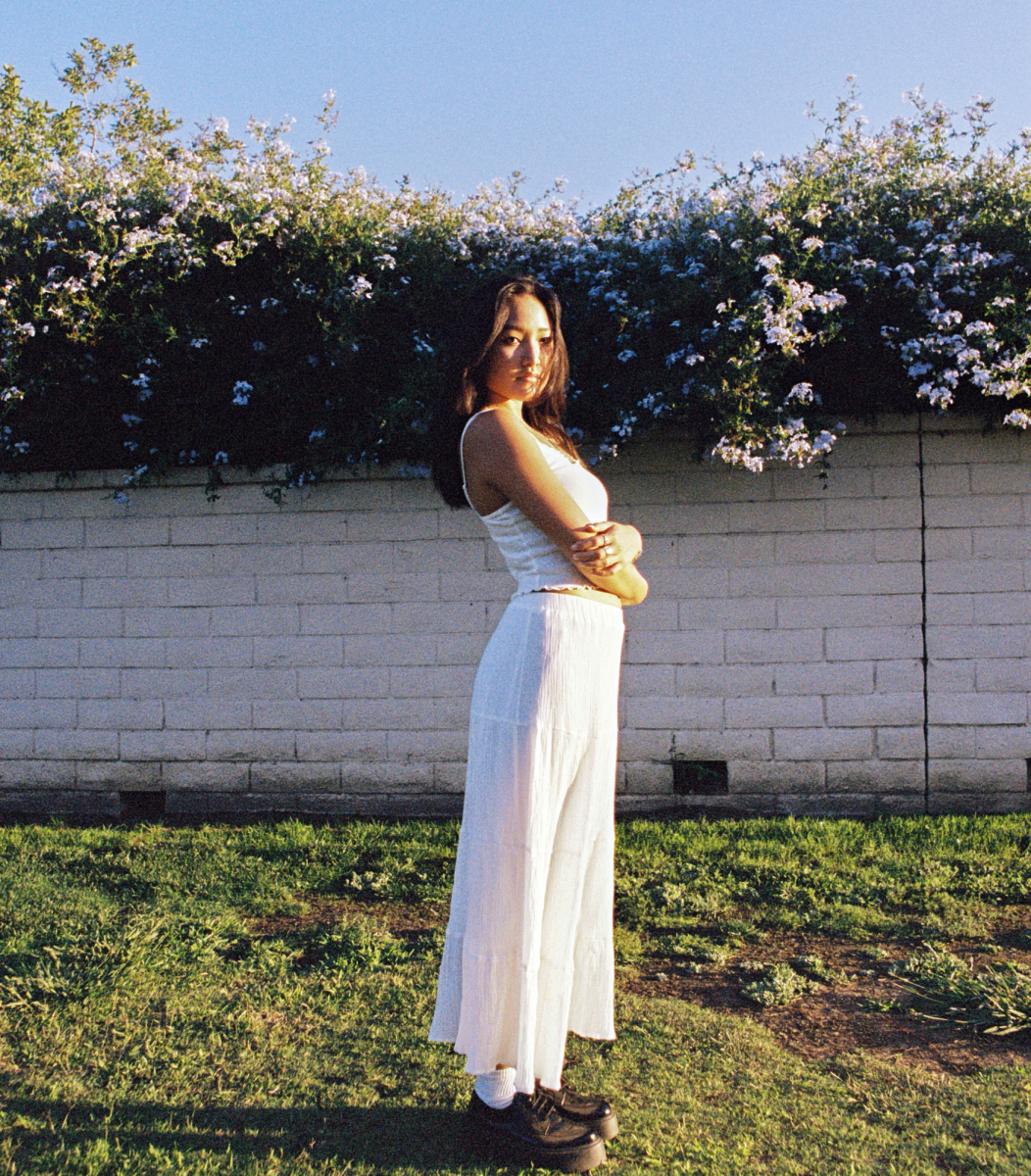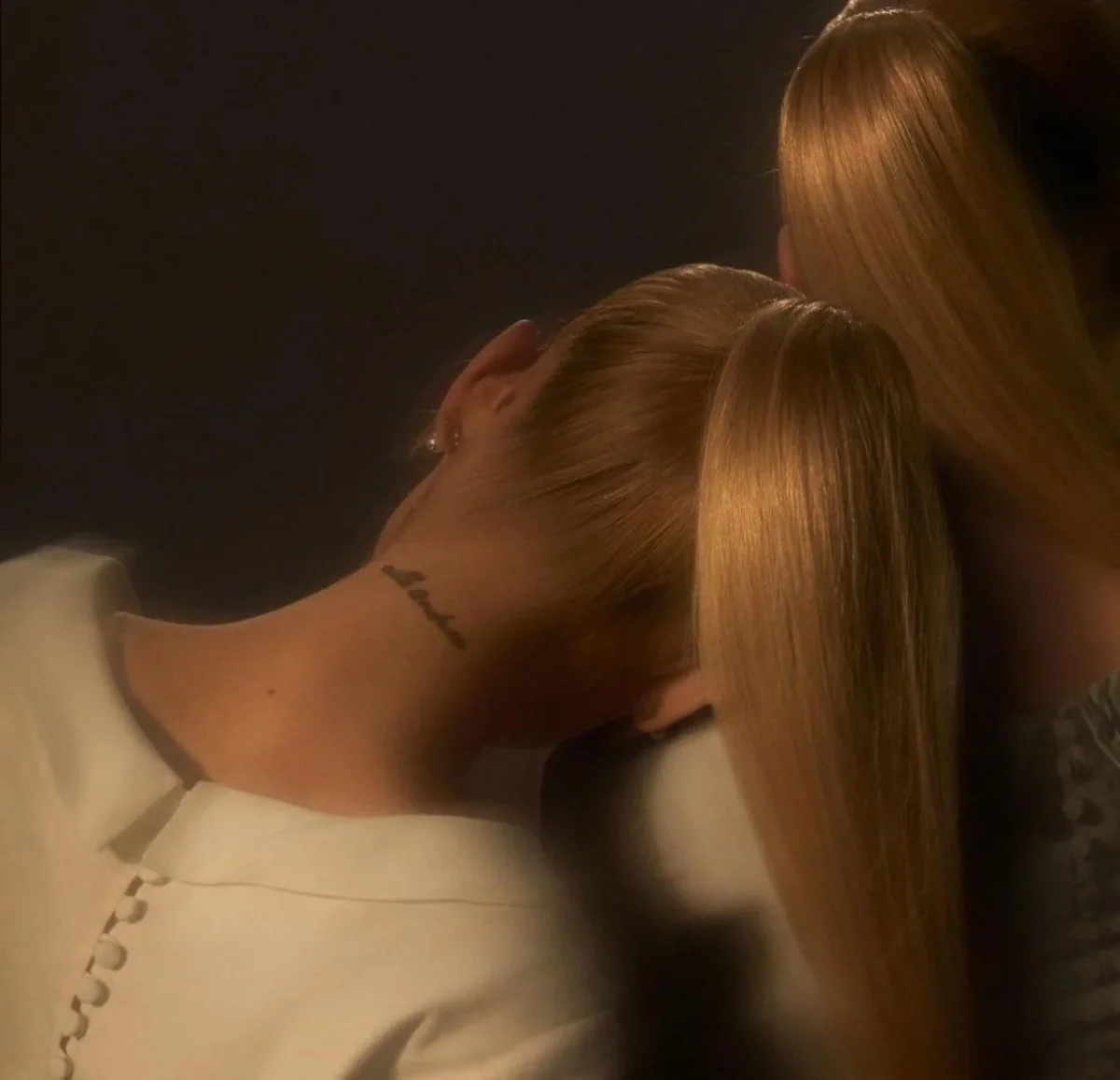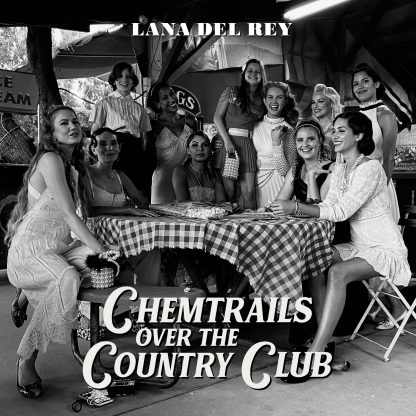
Only months after the release of her poetry book “Violet Bent Backwards Over the Grass” Lana Del Rey released her seventh studio album, “Chemtrails Over the Country Club” on March 19, 2021. With the interwoven genres of alternative rock, baroque pop, indie folk and folktronica, Del Rey delivers a personal 11-track disc that dreams of a place to call home while also reflecting on the adventures from her youth.
Del Rey opens with the track “White Dress,” an ode filled with melancholic and intimate whispered vocals paired with a piano. The white dress in question, which could have easily been speculated as a wedding dress due to her recent low-publicized engagement to Clayton Johnson, is a dress she once wore as a nineteen-year-old waitress. “Made me feel like a god/It kinda makes me feel like maybe I was better off,” she sings lowly before transitioning into the title track.
The change of pace found in the album is geographical. From her last studio album released in 2019, “Norman F***ing Rockwell,” Del Rey pleaded with an old love to “Come back to California,” but in tracks like “Tulsa Jesus Freak,” “Yosemite” and “Wild at Heart,” she finds refuge and peace by leaving Calabasas in search for a ranch in Arkansas. She wanders (but not aimlessly) to Lincoln, Nebraska in “Not All Who Wander Are Lost” and keeps dancing by running to Louisiana in the middle of the night in “Dance Til We Die.” In “Wild at Heart” a more twangy yet soulful tune set to a strumming guitar she sings, “The cameras have flashes, they cause the car crashes/But I’m not a star,” and has left past values reflected in previous albums like the song “Money, Power, Glory” featured in Ultraviolence in 2014, for a home of solace in the Midwest. The acoustics and candor of muted guitar, pianoand drums give the vibe of performing inside a quiet dive bar, a throwback to her days as her previous stage name, Lizzy Grant.
These sentiments of leaving her beloved West Coast and setting off as a nomad is a more mature nod to her past single “Ride” from her 2012 album “Paradise.” “I’ve been out on that open road” she trills, and in “Dance Till We Die,” there is almost a sigh in relief with “Court almost burned down my home/But God it feels good not to be alone.”
This toned-down appearance in the sentiments of her music might seem like a change from the grandiosity of past albums like “Born to Die” from 2012, but this laid-back confection seems to speak in a more intimate light of who Lana Del Rey is — or maybe Elizabeth Grant, her real name. In an interview with Billboard, Meaghan Garvey disarms the notion that she always looks like a “noir heroine” and describes her as “alarmingly basic.”
In the Billboard interview, Del Rey agrees with Meaghan’s assessment of her and adds, “I’ve got a more eccentric side when it comes to the muse of writing, but I feel very much that writing is not my thing: I’m writing’s thing. When the writing has got me, I’m on its schedule. But when it leaves me alone, I’m just at Starbucks, talking shit all day.”
With this more folk-inspired soundtrack, Del Rey has divulged from her more alternative pop roots — but that has not deterred any fans from consuming her music fervently. “Chemtrails Over the Country Club” has smashed a record for the “fastest-selling vinyl album of the century in the UK by a female artist and international acts.”
The album has also received great reviews for her raw poetics put to music, with a 9.0 score by users on MetaCritic and a 7.5 from Pitchfork.
Other tracks that can be found on the album include “Let Me Love You Like a Woman,” which was released as a single and includes a music video, “Dark But Just a Game,” “Breaking Up Slowly” and “For Free” the closing track which features Zella Day and Weyes Blood and was written by one of Del Rey’s musical inspirations, Joni Mitchell.
Del Rey continues to discover herself through song and “Chemtrails Over the Country Club” is simply her latest installment documenting the journey.







